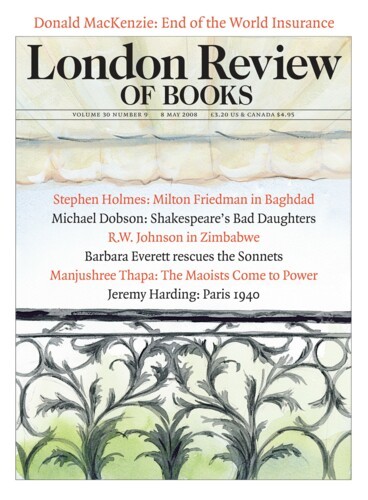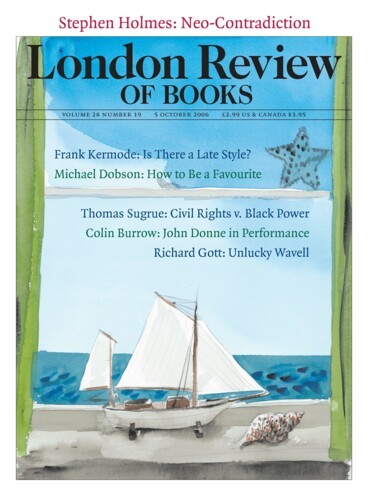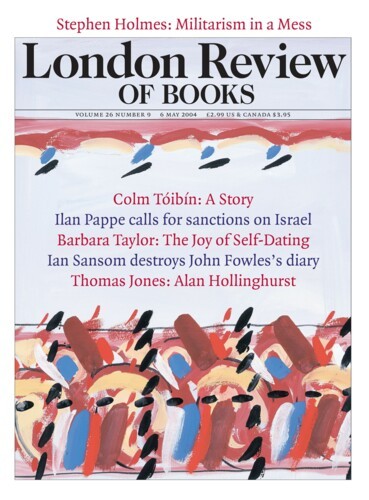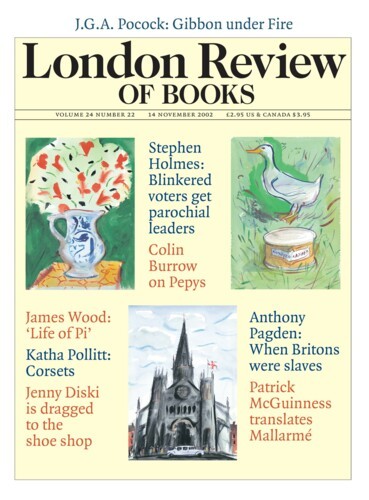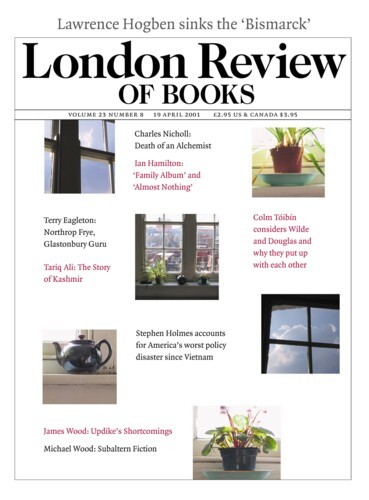Free-Marketeering: Naomi Klein
Stephen Holmes, 8 May 2008
The anti-globalisation movement suffered a dizzying setback on 9/11. Symbolic gatecrashing into the well-guarded meeting places of the super-rich suddenly seemed a much more sinister activity than before. Busting up branches of Starbucks and other Seattle-style antics became anathema in an atmosphere of injured and vindictive patriotism. But Naomi Klein, the combative theorist and publicist of anti-globalisation, was not about to accept such guilt by association.
